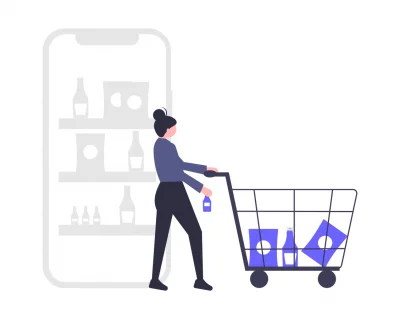
Commerce Questions and Answers
Test and improve your knowledge of the fundamentals of buying and selling with these Commerce past questions and answers.

Test and improve your knowledge of the fundamentals of buying and selling with these Commerce past questions and answers.
A printed copy of processed information from the computer is the?
soft copy
file copy
scanned copy
hard copy
Correct answer is D
Hard copy; a printed version on paper of data held in a computer.
Which of the following is a function of consumerism?
Protecting consumers' rights
providing consumers' choice
providing consumers' needs
Making profiteering impossible
Correct answer is A
The major objective of consumerism is the protection or promotion of the interests of consumers.
The difference between trademark and patent right is that the latter?
gives exclusive right to import a particular good
is conferred by the government
confers monopoly on a product
confers exclusive right to publish literary works
Correct answer is C
Patents prevent others from making or selling an invention, but trademarks protect the words, phrases, symbols, logos, or other devices used to identify the source of goods or services from usage by other competitors.
When something is conferred with a monopoly, they are given exclusive possession or control of the supply of or trade in a commodity or service.
An agency contract must involve?
a principal and a consumer
a principal and a producer
a principal and a third party
a principal and an agent
Correct answer is D
An agency contract involves the principal and the agent.
The principal-agent relationship is an arrangement in which one entity legally appoints another to act on its behalf. In a principal-agent relationship, the agent acts on behalf of the principal and should not have a conflict of interest in carrying out the act.
An opportunity to reject a binding contract at will by a third party is said to be a?
valid contract
quasi contract
voidable contract
conditional contract
Correct answer is C
When a contract is entered into without the free consent of the party, it is considered a voidable contract.
Voidable contracts are those that have been entered to by trick or coercion, or entered into with a minor, or entered into where one party was temporarily impaired (e.g., drunk).